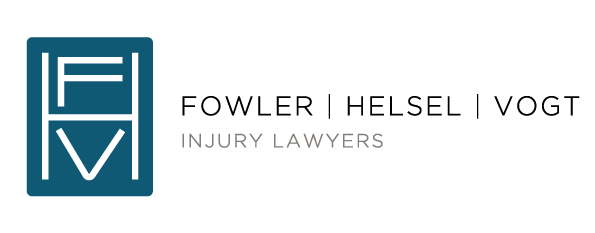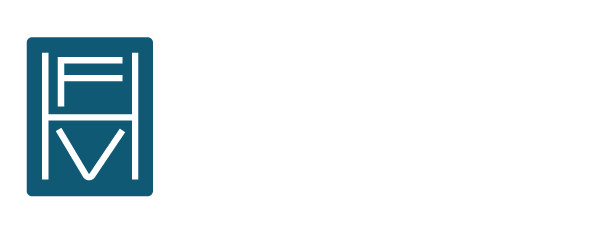The aftermath of an accident can lead to a maze of legalities, particularly when pursuing a personal injury lawsuit. A vital aspect of such cases is understanding the types of damages available.
Here, we will give you a deeper understanding of how to approach and quantify damages, ensuring a just resolution for the aggrieved party.
Compensation that Counts
Compensatory Damages
The bedrock of personal injury lawsuits lies in compensatory damages aimed at reimbursing the victim for losses directly resulting from the incident.
Economic Damages
Economic damages are tangible expenses incurred, including medical bills, lost wages due to the injury, and any costs related to property damage caused by the accident.
Medical Expenses
For many injury cases, medical costs are the most substantial economic damages. This category encompasses emergency treatment, surgeries, rehabilitation, and any future medical care arising from the injury.
Lost Wages
Injuries often lead to time away from work. Lost wages account for earnings that the victim could not collect due to their incapacitation.
Property Damages
In cases involving damage to personal property, or even the injured party's vehicle, costs for repair or replacement fall into this category.
Non-Economic Damages
Unlike economic damages, non-economic damages are not as easily quantifiable but are equally important. These include the mental and emotional impact of the accident, such as pain and suffering, emotional distress, and loss of consortium.
Pain and Suffering
Assessment of pain and suffering is a complex process, often based on the type and severity of the injury, physical discomfort, emotional turmoil, and the overall effect on the victim’s life.
Emotional Distress
Injuries can have a profound psychological impact, leading to persistent fear, anxiety, or even post-traumatic stress disorder (PTSD). Non-economic damages provide recompense for these intangible injuries.
Loss of Consortium
This category comes into play when an injury negatively affects a victim’s relationship with a spouse or family member, often due to the inability to engage in normal family life or pleasantries.
Beyond Reimbursement
Punitive Damages
Punitive damages are intended to punish the at-fault party for particularly reckless behavior and deter similar future actions. Unlike compensatory damages, their award is not linked to the victim’s losses but to the defendant’s culpability.
The Rationale Behind Punitive Damages
Courts may award punitive damages when it's found that the defendant's actions were intentionally harmful or egregiously negligent. The additional financial penalty serves as a punishment and deterrent against such behavior.
When Are Punitive Damages Awarded?
Several factors might lead a court to consider punitive damages, including the severity of the injury, the degree of the defendant's misconduct, and whether there's a history of similar conduct. An attorney can help assess the likelihood of these damages in your case.
Knowledge is power when it comes to personal injury lawsuits. Understanding the types of damages available equips victims with the information to make informed decisions and can be crucial in securing a just outcome.
Contact Our Legal Team Today!
If you or a loved one has been a victim of an accident, don't wait to seek legal guidance. Contact Fowler | Helsel | Vogt today for personalized advice and representation in pursuing the compensation you deserve.
With our knowledge and experience in personal injury cases, we can help fight for your rights and ensure a just resolution. Call us now at (559) 900-1280!


.2405081047550.jpg)